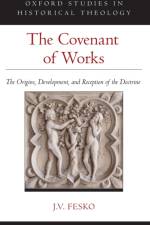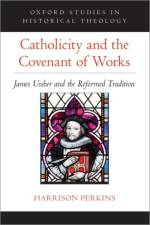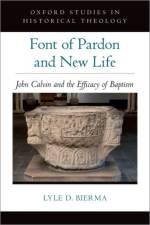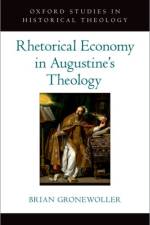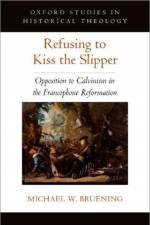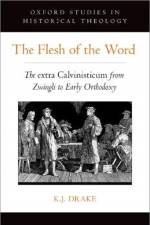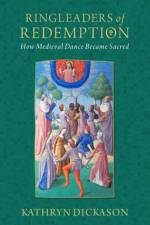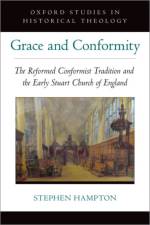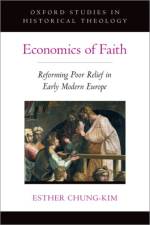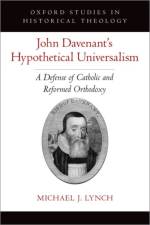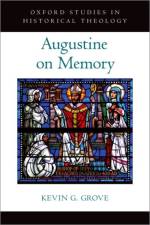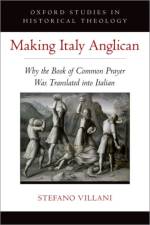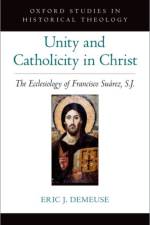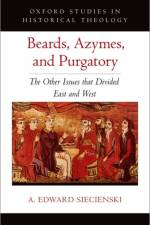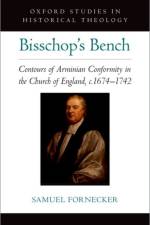- How Medieval Dance Became Sacred
av Kathryn (Postdoctoral Fellow Dickason
1 737
In popular thought, Christianity is often figured as being opposed to dance. Conventional scholarship traces this controversy back to the Middle Ages. Throughout the medieval era, the Latin Church denounced and prohibited dancing in religious and secular realms, often aligning it with demonic intervention, lust, pride, and sacrilege. Historical sources, however, suggest that medieval dance was a complex and ambivalent phenomenon. During the High and Late Middle Ages,Western theologians, liturgists, and mystics not only tolerated dance; they transformed it into a dynamic component of religious thought and practice. This book investigates how dance became a legitimate form of devotion in Christian culture. Sacred dance functioned to gloss scripture, framespiritual experience, and imagine the afterlife. Invoking numerous manuscript and visual sources (biblical commentaries, sermons, saints'' lives, ecclesiastical statutes, mystical treatises, vernacular literature, and iconography), this book highlights how medieval dance helped shape religious identity and social stratification. Moreover, this book shows the political dimension of dance, which worked in the service of Christendom, conversion, and social cohesion. In Ringleaders ofRedemption, Kathryn Dickason reveals a long tradition of sacred dance in Christianity, one that the professionalization and secularization of Renaissance dance obscured, and one that the Reformation silenced and suppressed.

